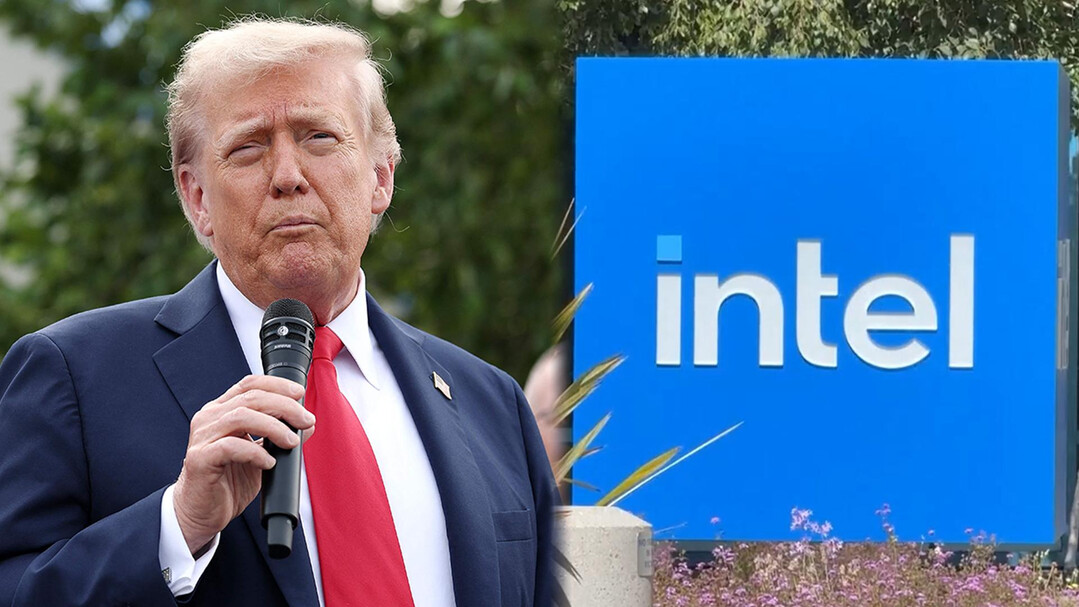
WASHINGTON, D.C. — In a dramatic shift in economic policy, the United States government has taken a 10% ownership stake in Intel, the struggling American semiconductor behemoth. President Donald Trump, in a statement on his social media platform, hailed the deal as a "great honor," asserting the government's newfound role as the largest and a "complete owner and controller" of the tech giant's shares. This unprecedented move positions the federal government not merely as a regulator or a grant provider, but as a direct stakeholder in a critical industry. The acquisition, valued at an estimated $11 billion, came without a direct cash payment from the government; instead, it was a quid pro quo for the substantial subsidies allocated to Intel under the CHIPS and Science Act.
The agreement, which makes the U.S. government a more significant shareholder than the previous top investor, BlackRock, with its 8.92% stake, was negotiated directly by President Trump with Intel CEO Pat Gelsinger. It marks a significant departure from traditional government-industry relationships. The administration's rationale, as framed by the president, is that a strong domestic semiconductor industry is "fundamental to our nation's future." The move appears to be an aggressive application of the CHIPS Act, leveraging its financial incentives to secure a degree of state control over a key U.S. technology company.
This landmark deal, however, is not without controversy. Legal and financial experts are already questioning the legality of the government acquiring corporate equity in exchange for subsidies. The traditional interpretation of the CHIPS Act focused on direct financial aid and tax credits, not on the government becoming a part-owner of the corporations it funds. This new approach could face challenges from shareholders and other interested parties who might argue the deal is an overreach of executive authority.
Furthermore, this transaction has sent ripples through the global semiconductor industry, sparking intense speculation about its implications for other companies. President Trump has signaled his intention to "do more" of these kinds of deals, raising concerns for international firms like Samsung, TSMC, and Micron, all of which are receiving significant U.S. subsidies for their American-based manufacturing operations. While some reports suggest the government may limit such equity grabs to American companies, the precedent has been set, and the possibility of similar deals with foreign corporations cannot be ruled out.
The government's new role as a major shareholder introduces a new layer of complexity to Intel's future. As a direct stakeholder, the administration could exert considerable influence on Intel's corporate strategy, pushing for decisions that align with national interests, potentially at the expense of shareholder value. This could include pressuring other American tech companies to purchase Intel products, a move that could be seen as protectionist. Additionally, the U.S. government's involvement might also reinforce the "too big to fail" doctrine for large multinational corporations, suggesting that strategic companies, even if facing financial difficulties, will be propped up by state intervention. This new model of state capitalism, where the government becomes a direct investor rather than a passive enabler, represents a potential paradigm shift in how the United States approaches industrial policy.
[Copyright (c) Global Economic Times. All Rights Reserved.]




























